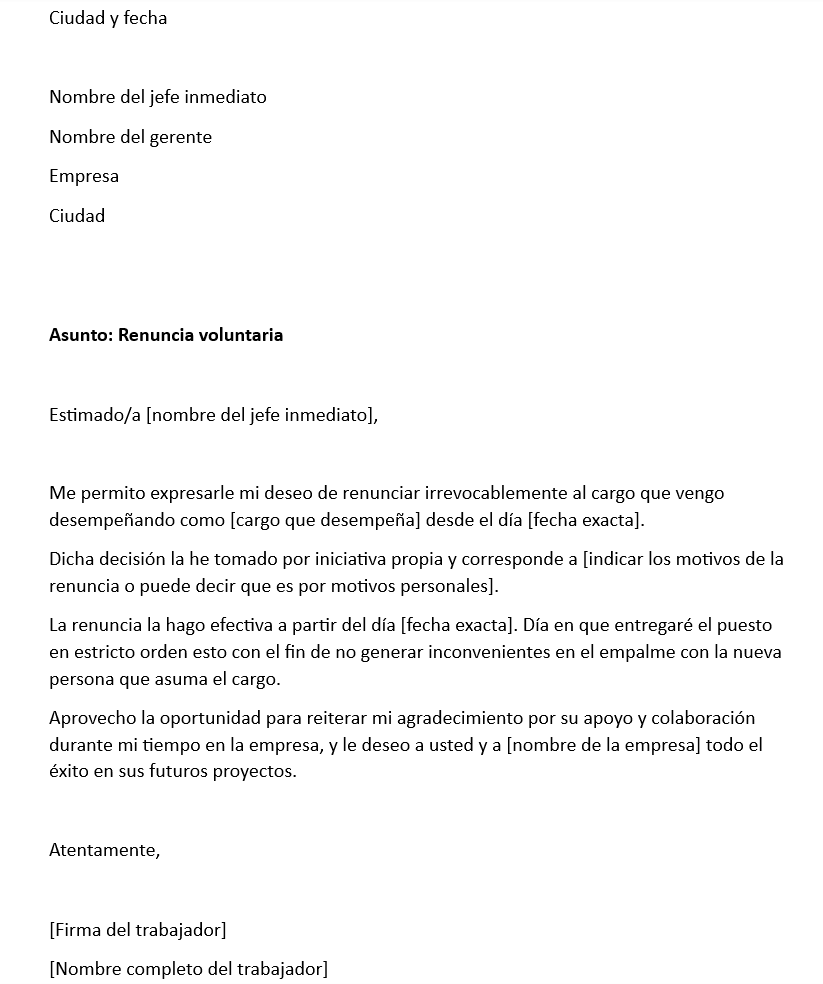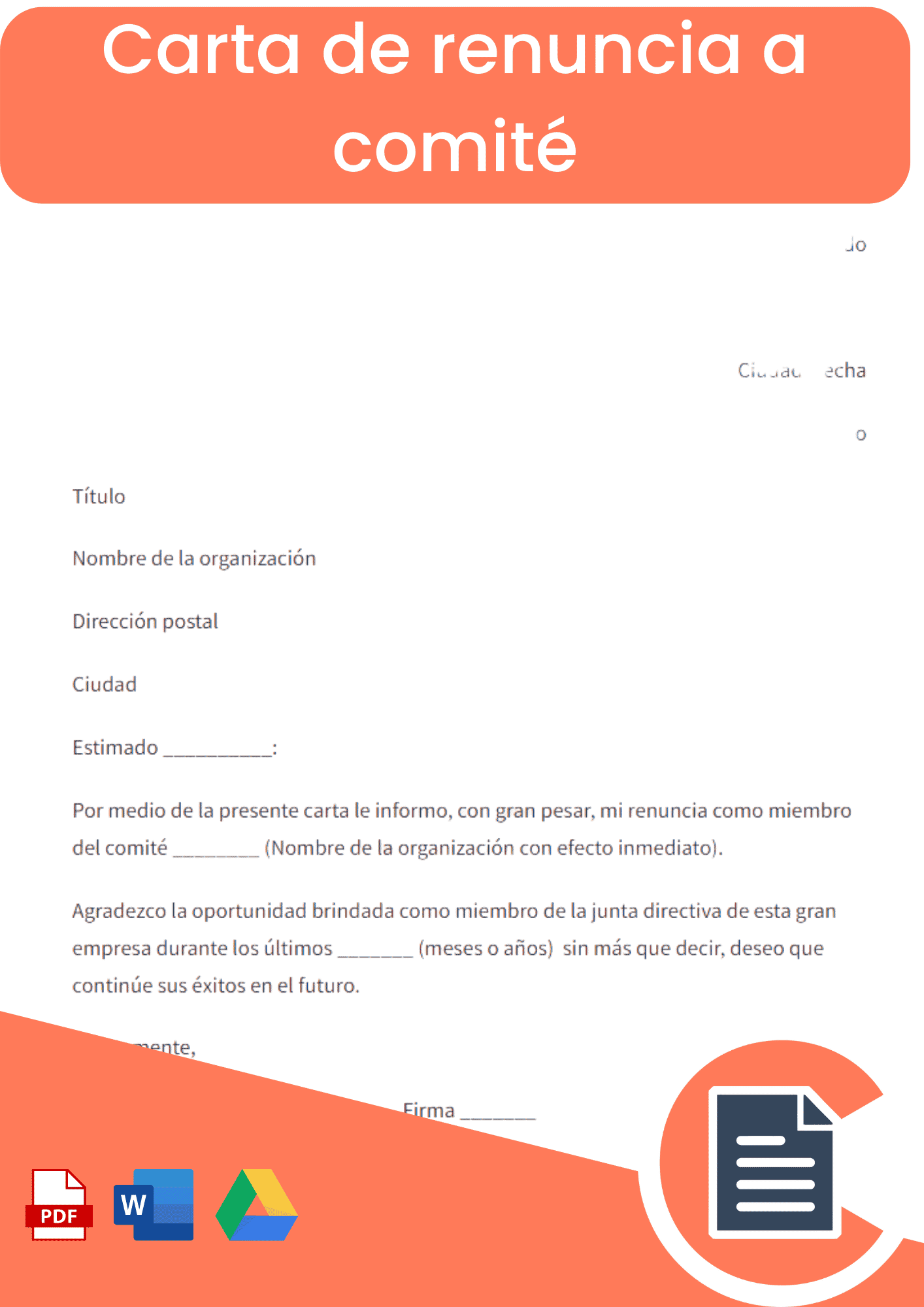Imagine this: You’ve poured your heart and soul into your job, but it’s time for a change. The thought of writing a resignation letter fills you with a mix of relief and apprehension. You want to leave on a positive note, but also ensure you’re professionally protected. This is where a simple, yet effective resignation letter in English comes in. It’s your bridge to a smooth transition, leaving behind a lasting impression of professionalism and respect.

Image: www.myxxgirl.com
This article is your guide to crafting a simple resignation letter that conveys your gratitude and commitment while setting the stage for your next chapter. We’ll explore the essential elements, provide practical tips, and delve into some common scenarios to ensure you navigate this crucial step with confidence.
Key Components of Your Resignation Letter
A simple resignation letter doesn’t need to be a literary masterpiece; it’s more about clarity and professionalism. Let’s break down the fundamental parts:
1. Heading: Your Contact Information
Begin by clearly stating your name and contact details at the top. This section functions like a business card, ensuring your employer can easily reach you if needed.
Example:
[Your Full Name]
[Your Address]
[Your Phone Number]
[Your Email Address]
2. Date:
Next, include the full date of writing the letter. This ensures a clear record of when you provided your notice.
Example:
March 8, 2023

Image: reservalomas.cl
3. Recipient:
Address the letter to your immediate supervisor or the designated person responsible for receiving resignations. Use their full name and professional title for a formal touch.
Example:
[Supervisor’s Full Name]
[Supervisor’s Title]
[Company Name]
4. Subject Line: Resignation – Your Name, Position
Keep the subject line concise and informative. Include your name and position for easy identification.
Example:
Resignation – John Smith, Marketing Manager
5. Opening Paragraph: Confirming Your Resignation
Begin by stating your intention to resign from your position, clearly mentioning the effective date (the last day you’ll be working).
Example:
Dear [Supervisor’s Name],
This letter is to formally inform you of my decision to resign from my position as [Your Position] at [Company Name], effective [Your Last Day of Employment].
6. Gratitude Paragraph (Optional):
This section is where you express your appreciation for the opportunities you have received during your time at the company. Be sincere and highlight positive experiences or learning opportunities.
Example:
I would like to express my sincere gratitude for the opportunities and experiences I have gained during my time at [Company Name]. I have learned and grown significantly, and I value the support and guidance I have received from the team.
7. Commitment Paragraph (Optional):
Demonstrate your commitment to a smooth transition during your notice period. Offer to assist with training or handover tasks to ensure minimal disruption.
Example:
I am committed to ensuring a smooth transition during my notice period. I am happy to assist with any training or handover tasks as needed to ensure a seamless continuation of my responsibilities.
8. Closing Paragraph: Offering Well Wishes
End your letter with a professional closing, wishing the company well in the future. A simple and sincere message of good wishes can leave a positive impression.
Example:
Thank you again for the opportunity to work at [Company Name]. I wish you and the company continued success.
9. Closing Salutation:
Use a formal closing salutation like “Sincerely,” followed by your typed name.
Example:
Sincerely,
[Your Typed Name]
Additional Tips for a Professional Resignation
Remember, your resignation letter reflects your professional demeanor and leaves a lasting impression. Here are some extra tips to ensure a smooth and positive transition:
- Timing is Key: Submit your resignation letter at least two weeks before your intended last day, unless your contract specifies a different timeframe.
- Formal Delivery: Deliver the letter personally to your supervisor or send it via certified mail for a professional and documented record.
- Keep It Brief and Positive: Avoid negativity or complaints. Focus on expressing your gratitude for the experience and wishing the company well.
- Avoid Burning Bridges: A resignation letter should not be a platform for airing grievances or criticizing your employer. Keep it professional and focused on your departure.
- Maintain Professionalism: During your notice period, remain committed to your responsibilities and maintain a positive attitude. Professionalism ensures you leave on a good note.
- Don’t Forget to Exit Interview: If your company offers an exit interview, be honest and constructive in your feedback. This is a valuable opportunity to share your perspective and contribute to improvement.
Navigating Common Resignation Scenarios
While a simple resignation letter can be effective in most cases, some scenarios might require additional considerations:
- If You’re Resigning for a New Job: You can mention your excitement about the new opportunity without divulging too much detail about your new position.
- If You’re Resigning Due to a Personal Reason: Be diplomatic and maintain a professional tone. You can simply state that you are pursuing other opportunities without elaborating on personal reasons.
- If You’re Leaving Due to a Dissatisfied Work Environment: This situation requires careful handling. Focus on your positive reasons for leaving, such as career goals or the need for new challenges, while avoiding negativity.
- If You’re Resigning After a Layoff or Downsizing: Acknowledge the challenging circumstances and express your gratitude for the opportunity to work at the company.
Carta De Renuncia Sencilla En Inglés
Your Resignation Letter is Your Last Impression
A simple resignation letter doesn’t have to be complicated. It’s your opportunity to leave a lasting impression of professionalism and respect, setting the stage for your next professional journey.
By following these guidelines, you can craft a letter that effectively conveys your intentions, expresses gratitude, and demonstrates your dedication to a smooth transition. Remember, your resignation letter is not just a formality; it’s a reflection of your character and your commitment to professional etiquette.






